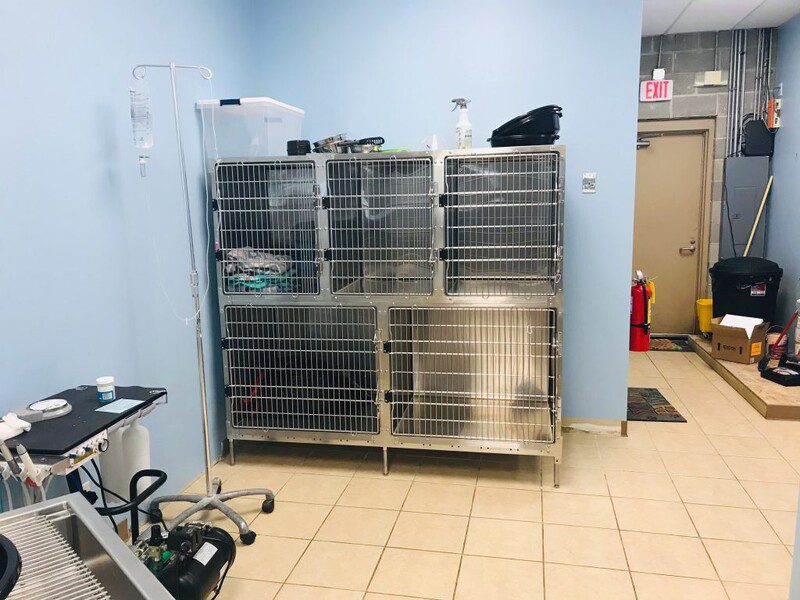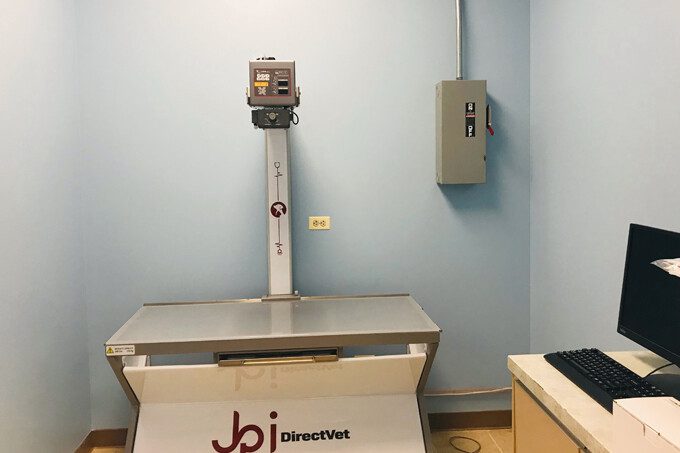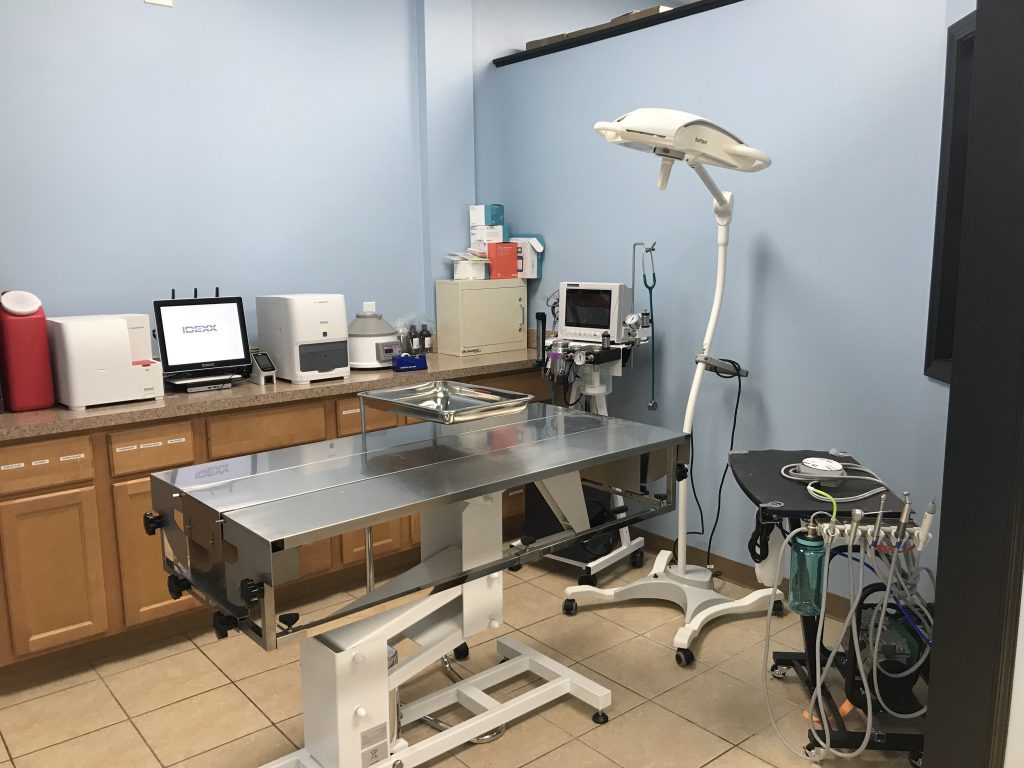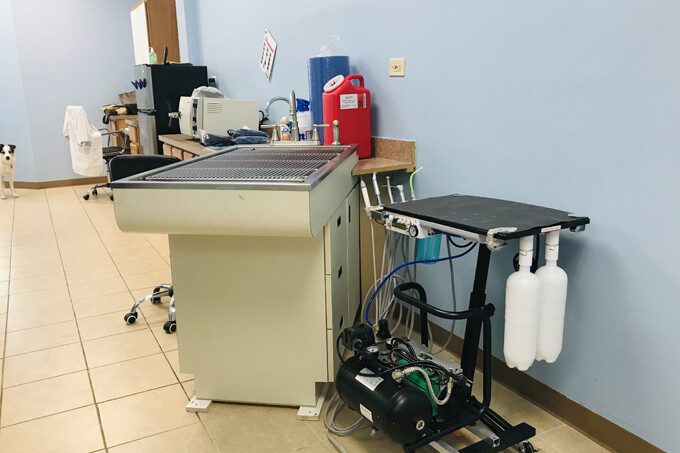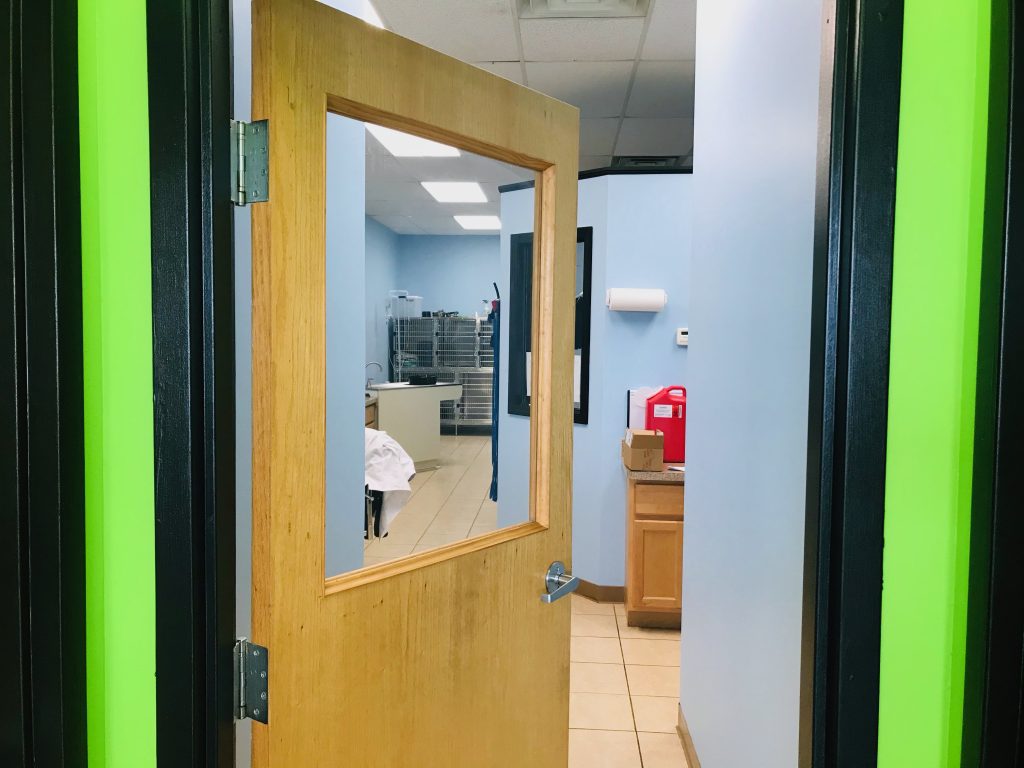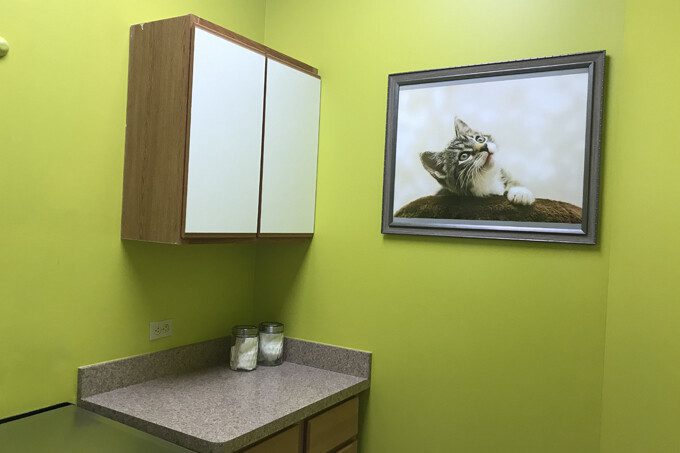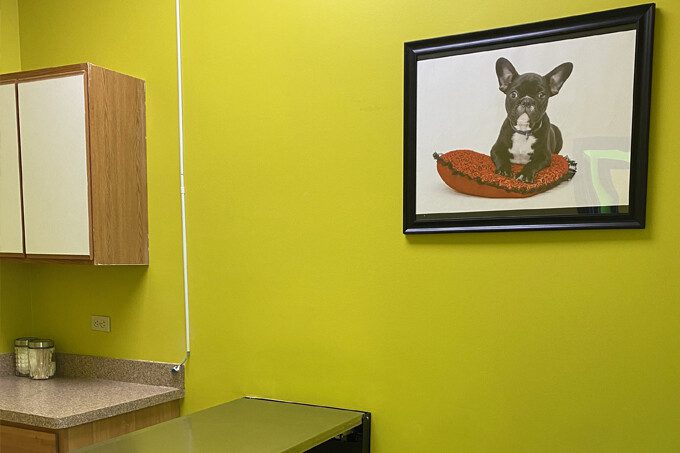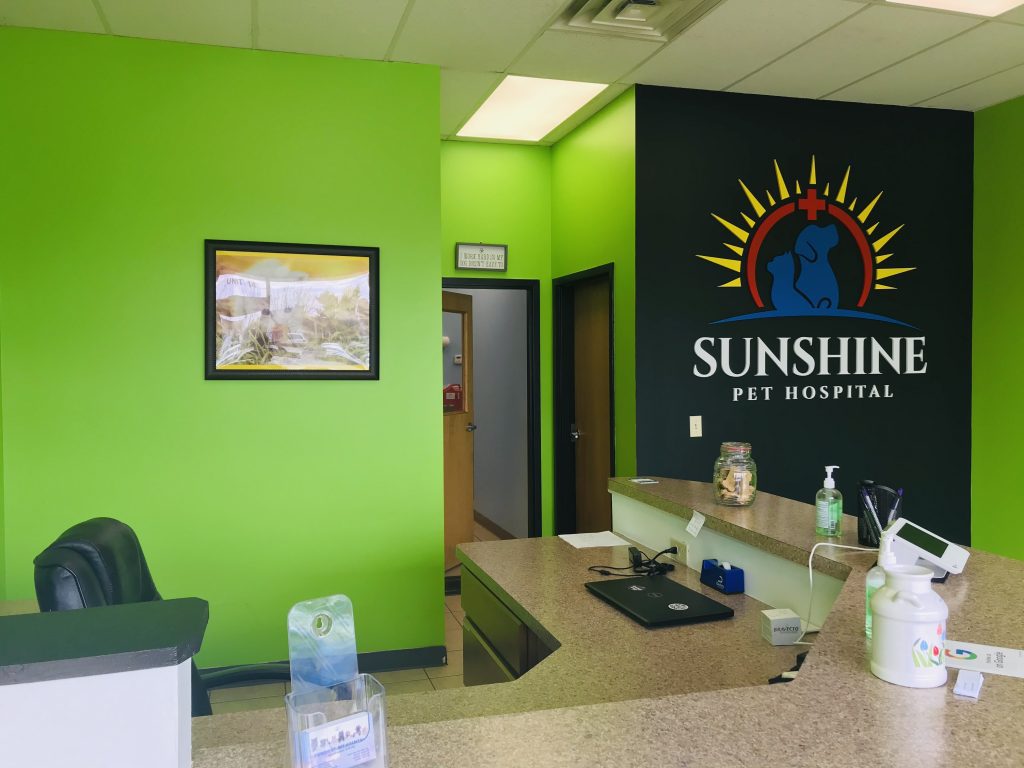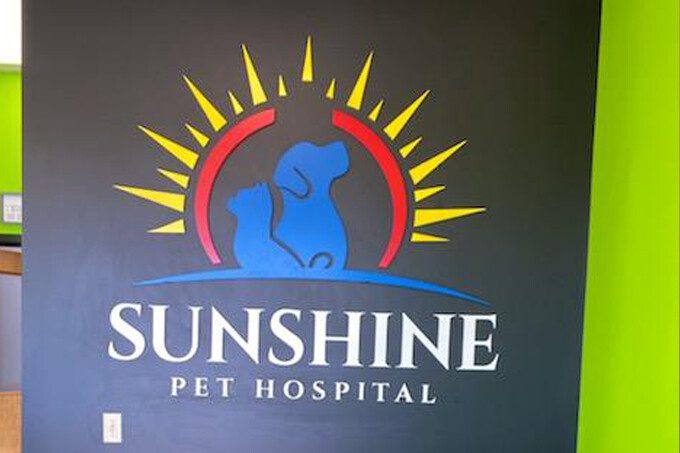About Us
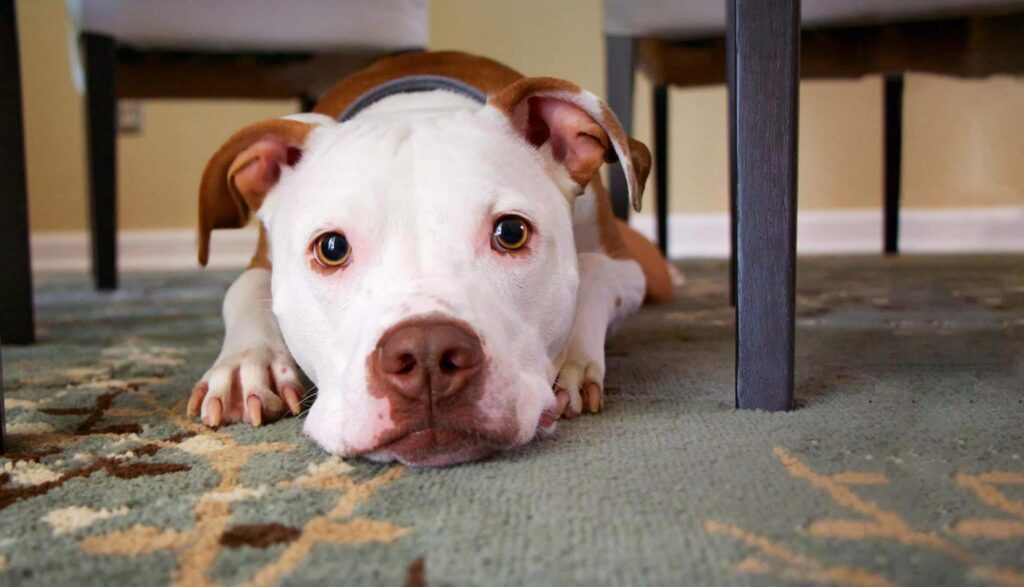
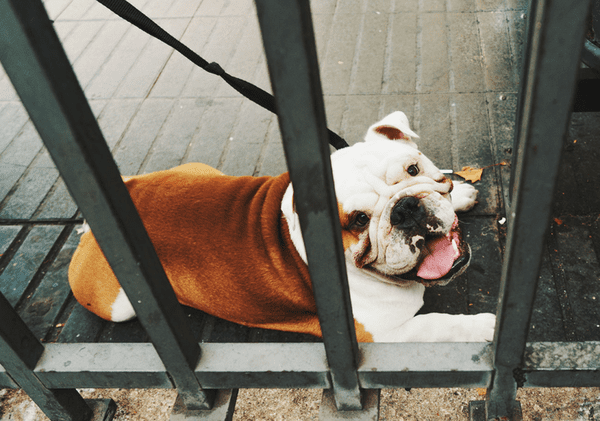
Dr. Rebala
ABOUT US
The Sunshine Pet Hospital is led by the extraordinarily kind and patient Aurora IL vet, Dr. Rebala. She holds a Ph.D. in Biology from the University of Notre Dame and obtained her ECFVG certification program in 2014. Since then Dr.. Rebala has worked tirelessly to improve the quality of life of her patients from her Aurora IL, pet hospital. She is a USDA-certified vet through the National veterinary Accreditation program and also a member of the American Veterinary Association (AVMA).
Dr. Rebala is an independent veterinarian in Aurora, Illinois.
High Quality and Affordable Veterinary Services
A Most Adaptable Pet Clinic Aurora
An Independent Aurora IL Animal Hospital
Wellness Checkups
Pet Vaccines in Aurora, IL
Aurora, IL Pet Surgery
Soft tissue surgery is a broad term that refers to various treatments involving the internal organs, the body wall, masses or tumors, and hernias or abnormalities. In other words, these operations cover anything that has nothing to do with bones, joints, muscles, or the nervous system. The preoperative workup and the postoperative recovery phase are two critical components of effective soft tissue surgery.
Numerous disorders affecting the spleen, liver, pancreas, adrenal glands, and other internal organs and hernias in the abdominal or gastrointestinal wall are frequently the focus of abdominal or gastrointestinal surgery. Diagnostic procedures such as endoscopy, radiography, and ultrasonography are often performed to establish a diagnosis. Before surgery, your pet’s prognosis and any medical consequences will be thoroughly explained.
Numerous illnesses, including cancer, trauma, or pathology, may necessitate chest surgery (thoracic cavity). Typically, they are elective surgeries, but rarely complications arise that require emergency surgery.
Surgical disorders involving the kidneys, ureters, bladder, or urethra can present as a consultation or emergency. Animals may already be showing symptoms (like not eating or drinking). Some animals may be vomiting or are already unable to urinate.
Alternatively, your pet may be peeing excessively frequently or have blood in their urine. Diagnostic procedures like an ultrasound may be indicated, and additional imaging procedures may be needed if your pet is older or suspected of malignancy. Certain animals must be stabilized before surgery (like draining urine from a ruptured bladder or giving fluids to a very dehydrated animal). Care may be simple (same-day release following a procedure) or complex (the pet may require multiple recovery days due to kidney stones).
Schedule an appointment for your pet today!
Our Clinic Tour
